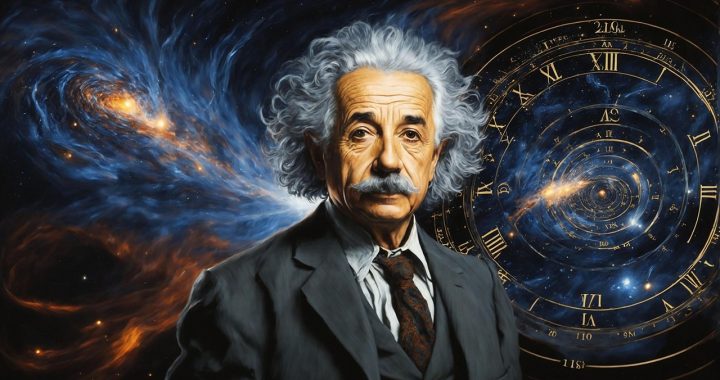Having recently re-watched an incantation of Jane Austen’s Pride and Prejudice, which is now getting an increased showing due to its twenty-year anniversary of the version which starred Keira Knightly, I was soon reminded of how I had recently read how Virginia Woolf, of all people found Austen’s novel of young people who have never been in love before traversing the often tricky territory of love itself. Woolf, as anyone who has read one of her brilliant stream of consciousness novels knows, was vitally concerned with how the consciousness of highly self-aware people passes through them, and not so much with the often perilous territory of interpersonal love relations.
So I began to ask myself exactly why Jane Austen would be the one female writer who Virgnia Woolf respected above all others when Austen’s novels, like Pride and Prejudice, seemingly had to do primarily, it would seem, with young women finding husbands, rather than with the sort of heavier, more androgynous topics and characters which tend to populate her writings. What might be the answer is simply that Ms. Austen wrote about the details of women’s lives during the period in which she was alive without succumbing to the sort of rancor or resentment at having been born a woman which Woolf says can be found in the writing of those such as Charlotte Bronte or George Elliot; whose indignation, according to Woolf, prevents them from properly expressing themselves.
Instead, what Austen did, according to Woolf was to quite frankly observe romance and relations between men and women from a distance by carefully observing the inherent political nature of those things. That is, in realizing that sexual politics can be just intriguing and important as politics involving seemingly larger issues such as conflicts between nations, local governance, or women’s suffrage, Jane Austen was able to create a purer vision for women writers than the likes of the Brontes or George Eliot. whose rancor at living in a male dominated society runs inescapably through their works such as Jane Eyre or Middlemarch, as great as those two works are.
The point of all this is that, to use a certain tired, old phrase regarding writing and writers, one should write what one knows, and not necessarily try to explore areas in which one has limited experience. Otherwise, one can easily subject oneself to the bitterness and resentment which comes whenever a writer is writing about subject matter with which he or she has little or no experience. Now, course, because society has opened up so much more fully to the pursuits of women, female writers are now free to write about whatever subject they choose without becoming indignant due to a certain lack of understanding. Therefore, one wonders what sort of even greater works women from the 19th century might have produced if they had been able to have greater contact with their world.
Jane Austen’s Pride and Prejudice has often been mistakenly characterized as just a novel about women looking for husbands in order to embolden their family’s monetary situation. However, it is in fact so much more than just that. What it is is a pristine account of the potential intricacy of sexual politics which may arise between two people who are in love, but haven’t yet learned how to negotiate the territory, so to speak; the sort of politics which, as most of us know, can be just as complex and fascinating as that found in international relations. So Virginia Woolf, in extoling the virtues of Jane Austen, was in fact quite right to do so.









